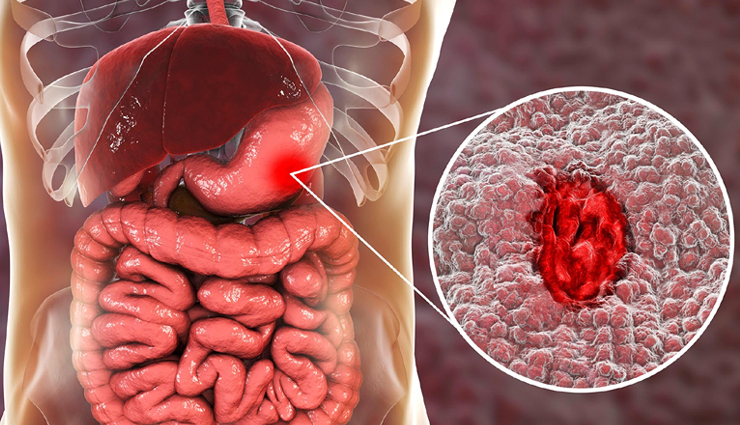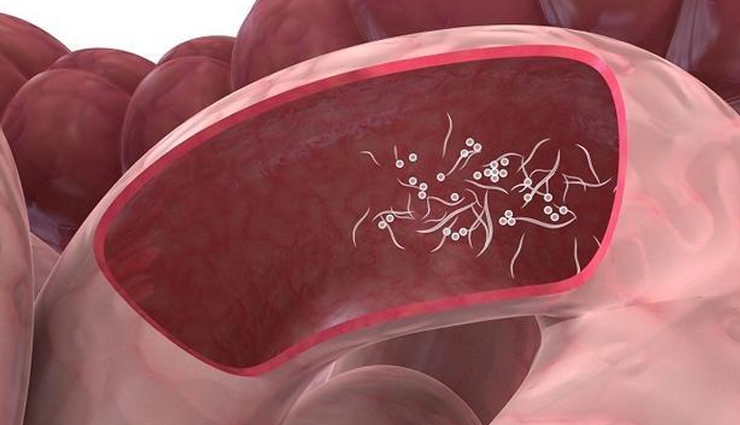- Home›
- Healthy Living›
- 7 Health Issues That Lead To Weight Loss
7 Health Issues That Lead To Weight Loss
By: Priyanka Maheshwari Mon, 06 June 2022 08:33:47

Limiting your calorie intake and exercising regularly are essential prerequisites for healthy weight loss. However, some people start shedding pounds despite any actual effort, which could point to an underlying medical problem that may be malignant or nonmalignant.
Older adults are more prone to conditions that trigger unexplained weight loss such as endocrine disorders, psychiatric ailments, gastrointestinal problems, and cardiopulmonary disorders.
Drastic and sudden weight loss in geriatric patients can increase their morbidity and mortality risk, which is why a doctor must be seen about it without delay.
Note that losing 5% of your normal body weight in a period of 6–12 months is not normal and should be a cause for concern. Healthy weight loss is recommended to be 1–2 lbs per week.

# Hyperthyroidism
The thyroid gland helps regulate your body temperature and controls your heart rate and metabolism. An overactive thyroid will cause an increase in your heart rate and metabolism, which could lead to unexpected weight loss.
This can affect anyone, but it is more common in women than in men, typically between the ages of 20 and 40 years. Treatment is available for an overactive thyroid.

# Diabetes
Diabetes can cause the pancreas to produce little to no insulin or make insulin that does not work as it should.
This prevents the body from getting glucose from the blood into the body’s cells to use as energy, which then forces the body to start burning fat and muscle for energy, causing unexpected weight loss.

# Stomach ulcer or peptic ulcer disease (PUD)
PUD is a condition in which painful sores or ulcers develop in the lining of the stomach. This can be very painful and cause severe discomfort when eating, which can then lead to unexpected weight loss.

# Parasite infestation
There are so many different types of parasites that can invade the stomach and intestines, but a common symptom found in most parasitic infections is nausea and vomiting, much like food poisoning, leading to unexpected weight loss.

# Depression or stress
Depression can affect your eating habits, causing weight loss or weight gain.
Another factor that can affect your weight is antidepressants. According to a 2008 study, going through depressive episodes plummets your blood sugar levels below normal and inhibits thyroid function to trigger sudden weight loss.
Your body can go into a fight-or-flight response to stress, which can then cause your heart to beat faster. This changes how the gut digests food and alters blood glucose levels and thus can play a part in unexplained weight loss.

# Cancer
When cancer is present, the body produces cytokines, a substance that can lead to weight and muscle loss and decreased appetite, causing unexpected weight loss. Another factor for weight loss in cancer comes from the treatments.

# Crohn’s disease
Crohn’s disease is a lifelong form of inflammatory bowel disease affecting the intestines, causing severe discomfort, loss of appetite, and diarrhea.
Because of the severe symptoms, most individuals with Crohn’s disease suffer from malnutrition, which can lead to weight loss.





